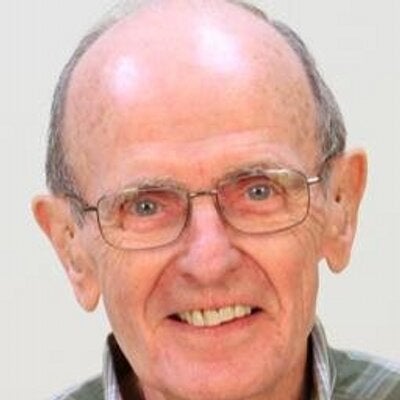Jim Beam column:History from a political pro
Published 9:53 am Thursday, September 1, 2022
|
Getting your Trinity Audio player ready...
|
By Jim Beam
American Press
“The people of South Louisiana didn’t appreciate the problems of North Louisiana and the people of North Louisiana didn’t appreciate the problems of South Louisiana.”
Those were the words of the late Hartwell M. “Jerry” Doty Jr., one of the most politically knowledgeable individuals I have known over the last 60-plus years. Doty said in order to help the people of Louisiana better understand one another he created a course titled, “The Reality of Louisiana Government and Politics.”
Doty was a political consultant who was also a faculty member of the Institutes of Public Politics at Loyola University and LSU.
The late-Gov. Sam H. Jones attended Doty’s local class and said he was impressed with Doty’s presentation.
“Louisiana’s role as a ‘melting pot’ flavors its politics,” Doty said. “And consequently, it is different from the other Southern states.
“Not so in Louisiana. Its people are from eight different groups, and each group has its own particular influence on politics and government.”
Doty said white Anglo-Saxon Protestants made up about 40 percent of the state’s 3.6 million people in 1975. Blacks made up the next largest group, 30 percent of the population.
Spanish descent people, about 30,000 persons from Central America and Cuba, were living in New Orleans in 1975. The German migration settled the Mississippi areas of St. Charles, St. John the Baptist, and St. James parishes.
Irish migrants were brought in to build railroads and levees, Doty said. “They did the dangerous work slave owners would not risk valuable slaves to do,” he said.
Dutch migrants built the Kansas City Southern line, he said, and there are Dutch town names along the line. Italians settled in the cities, except for truck farmers in Tangipahoa, St. Tammany, and neighboring Florida parishes.
The eighth migration, he said, were the educated, skilled newcomers who were developing Louisiana’s petrochemical, oil, and other industries.
“I think these people will eventually exert an influence on our politics,” Doty said. “I think they are the ones who elect Republicans. They are not caught up in our old ways.”
Give Doty credit on that prediction. Calcasieu Parish, which had been a Democratic Party stronghold for many years, is now voting for conservative Republicans in large numbers.
Doty exploded some myths during his local talk here. He said secession was far from being a popular issue embraced by most Louisianans back in the 1860s. No official vote was taken, but one unofficial count showed 21,000 were for secession and 19,000 were against.
The merchant-planter coalition wanted to leave the Union. Sugar planters were opposed because they needed the tariff protection offered by the federal government. Doty said small farmers who didn’t own slaves didn’t’ want to go fight the rich man’s Civil War.
Plantation farmers survived, he said, because they still had their land, still influenced their newly freed workers and the price of cotton soared after the war.
“The poor farmer from Beauregard Parish who left his 160-acre homestead and one mule to go to war lost the most,” Doty said. “His mule got killed in the war and he came home to greater privation than the planter.”
Doty said Huey Long had a lot of influence in the state even though he was only governor for a little more than two years. He gave up the office to become a U.S. senator.
You can occasionally defeat a sheriff in this state, Doty said, but you can never beat a tax assessor because of the unique powers of the person who puts a value on property for tax purposes.
Doty wrote a series of stories for the American Press. In a July 1, 1990, story he said Calcasieu Parish had voted for the winning candidate for governor, with one exception, in every election since 1936. The one exception was in 1979 when Democrat Louis Lambert got more votes in Calcasieu than Republican Dave Treen, the winner.
In the mid-1950s, Doty said there were two rules of Louisiana politics that had not been broken since the 1920s. To be elected governor, you couldn’t be a Catholic or from New Orleans. Edwin W. Edwards broke the first rule in 1971. The other one survives.





